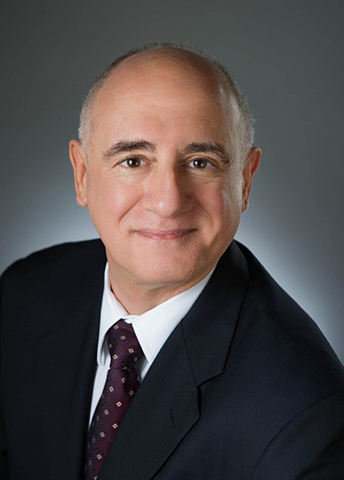
Paul Gionfriddo
President Mental Health America
That’s the bottom line message in a recent report, entitled Parity or Disparity: The State of Mental Health in America 2015, released by Mental Health America (MHA).
But the good news is that there are plenty of things we can do to change that – if we’re willing to change the way we approach mental illnesses in general.
MHA produced this report because we aren’t satisfied with the narrowness of the policy debate we have been having. It has been too much about public safety and post-crisis intervention, leading to a focus on inappropriate, back end, post-crisis care. These interventions occur long after mental health concerns—if identified and treated early—could be eliminated or mitigated, avoiding crises and tragedies.












Connect With Us